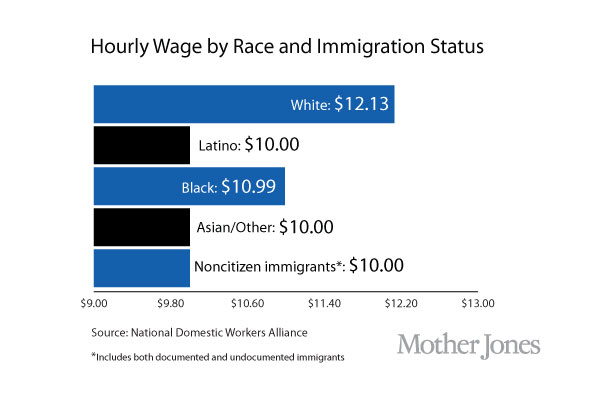An undocumented Harvard student is now facing deportation, and his case has become a rallying point for a nationwide network of immigration advocates. The AP explains:
Eric Balderas, 19, who just completed his first year at Harvard, said he was detained Monday by immigration authorities when he tried to board a plane from his hometown of San Antonio to Boston using a consulate card from Mexico and his student ID.
“I’d made it through before so I thought this time wouldn’t be any different,” Balderas said Friday in a phone interview with The Associated Press. “But once [Immigration and Customs Enforcement] picked me up I really didn’t know what to think and I was starting to break down.”…
Balderas said he is studying molecular and cellular biology at Harvard and hopes to become a cancer researcher. He said he qualified for Harvard’s privately-funded scholarship package.
Some immigration reformers are now hoping to use Balderas as a test case to support the passage of the Development, Relief and Education for Alien Minors (DREAM) Act, which would give certain undocumented high school graduates the chance to earn legal status if they graduate from college or perform military service.
The bipartisan DREAM Act was introduced last year by Sen. Richard Lugar (R-Ind.) and Sen. Dick Durbin (D-Ill.). It’s has long been considered one of the more popular immigration reform proposals, and Balderas’ story makes it easy to see why: the bill rewards the “good kids,” the model students who—like all children of immigrants—did not make the decision to come to the US themselves. (A Facebook page supporting Balderas says that he and his family came to the US when he was 4 “due to domestic violence in their native country.”) Having held hunger strikes and other protest activities in recent weeks, DREAM activists have now launched an all-out lobbying campaign focused around Balderas’ case to pass the bill.
In the meantime, as my colleague Jessica reports, anti-immigration advocates in Georgia have introduced legislation that would actually target undocumented students by reviewing the immigration status of every student in the state’s public colleges. But the opposition to passing the DREAM Act isn’t just coming from anti-immigrant quarters. It’s also coming from some of the major players who support a comprehensive immigration overhaul, who want the popular measure to be folded into a much larger reform package, where it could serve as an incentive to draw broad-based support for less popular measures. The argument is that any immigration measure that’s introduced right now will spark a huge, contentious fight in Congress, and some reformers are afraid that the failure of such a proposal could dim the chances for a systemic overhaul. Durbin, for one, has soft-pedaled the DREAM Act in recent weeks for fear of undercutting the immigration overhaul effort that his colleague—and Democratic leadership rival—Sen. Chuck Schumer (D-NY) is heading up.
But top Democrats have moved the goal posts further and further away: after having promised to push for immigration reform in 2010, Schumer is now saying that a comprehensive bill won’t be completed until March 2011, at the earliest. The delay, Democrats say, is a concession to the tough political realities this year, given the deadlocked Congress and upcoming midterm elections. But the Republican gains that are expected in both Houses of Congress certainly won’t make things any easier after November. And grassroots activists are growing increasingly frustrated and angry—and are resorting to bolder steps to demand action. In March, the AP reports, Balderas was one of hundreds of students who announced their immigration status in a national “coming out” day for illegal immigrants. In May, four undocumented students were arrested after staging a sit-in in Sen. John McCain’s Tucson office. In hopes of building their lives in the US, they’re risking everything to stay.












